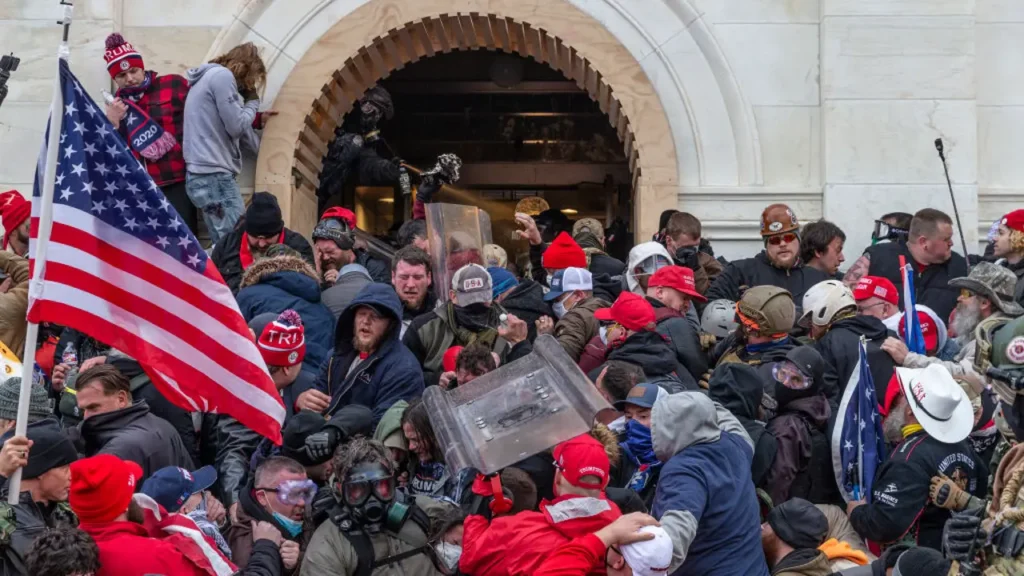The U.S. is facing increasing threats from Russia, Iran, and China to influence the upcoming November 5th elections, according to a new U.S. threat assessment released on Wednesday. These countries, according to the Department of Homeland Security (DHS) report, are expected to deploy a range of tactics, including artificial intelligence (AI), to spread misinformation and sow discord within the U.S. political landscape. In particular, the use of AI to create fake or divisive content has become a significant concern, with Russian “influence actors” amplifying stories about migrants entering the U.S. to heighten tensions.
The report highlighted how Russian actors have already used generative AI to produce fake websites that mimicked authentic U.S.-based media outlets. These tactics are aimed at disrupting the U.S. democratic process by undermining public confidence. Iran, too, has become more aggressive in its foreign influence efforts, with Iranian actors posing as activists online to encourage protests related to the Gaza conflict. The DHS report also suggested that China is looking for ways to interfere in U.S. elections through covert and coercive means.
As the nation prepares for a heated presidential election between Vice President Kamala Harris, the Democratic nominee, and former President Donald Trump, the DHS is warning that foreign adversaries could seize on partisan divides to disrupt the process. This growing threat of election interference is compounded by the risk of domestic violent extremism, which remains a critical concern for U.S. security agencies. According to the DHS, domestic extremists may attempt to carry out violent actions aimed at instilling fear among voters, candidates, and election workers. Two alleged assassination attempts have already targeted Trump, underscoring the gravity of the threats posed by both foreign and domestic actors.
The DHS assessment anticipates that both foreign powers and domestic extremists will continue to exploit societal divisions, using subversive tactics to erode confidence in U.S. democratic institutions. Lone offenders and small extremist cells motivated by racial, religious, gender, or anti-government grievances pose the most significant risk of violence, according to the report. As the 2024 election draws near, U.S. authorities are intensifying efforts to safeguard the integrity of the electoral process while monitoring a complex web of foreign and domestic threats aimed at destabilizing the nation.



